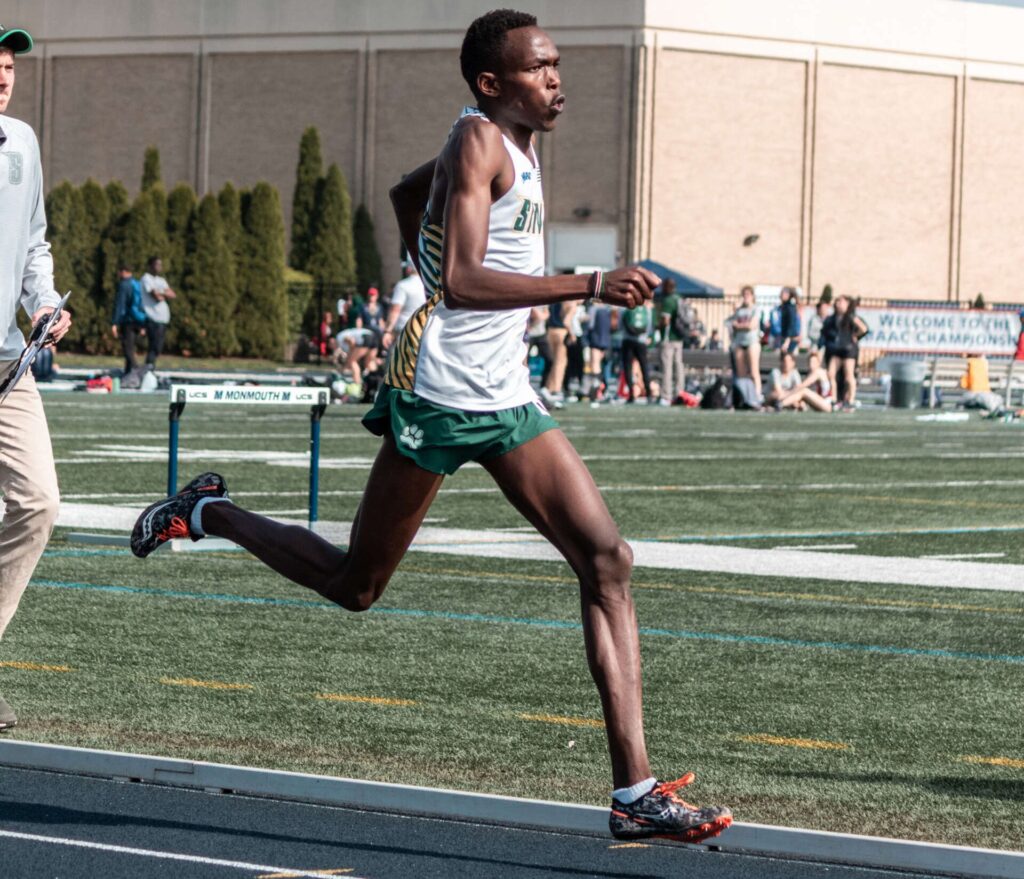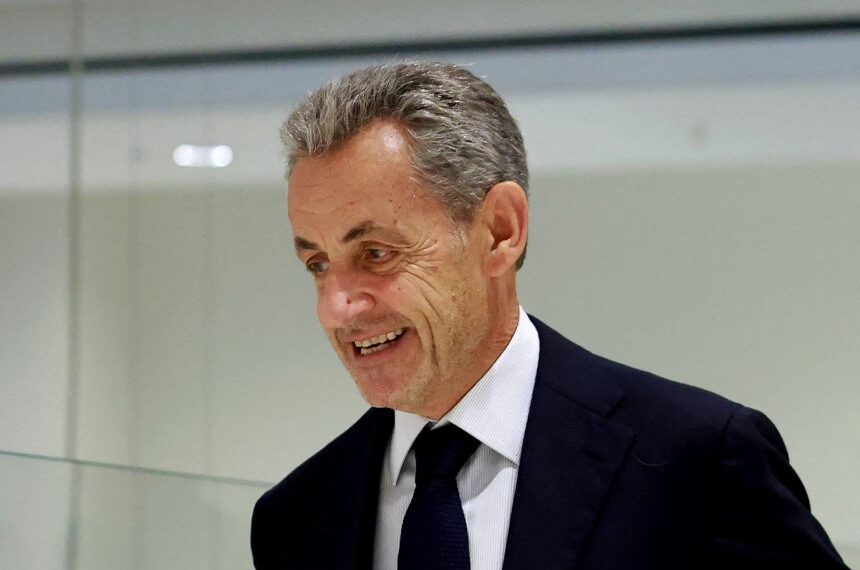
When Evans Kibet left his home in western Kenya earlier this year, his family believed he was chasing yet another opportunity in athletics. Today, instead of competing on the track, the 36-year-old is sitting in a Ukrainian detention camp, caught up in a war he insists he never intended to join.
Kibet, once a familiar face at local road races, says he accepted an invitation to Russia after being promised sporting opportunities. His relatives recall how he boarded a bus at the end of July with nothing more than a small suitcase, assuring them he would be away for only two weeks.
But in a video recently released by Ukraine’s 57th Motorised Infantry Brigade, the athlete appeared in military custody, wearing a red sports top with the unit’s flag behind him. Struggling to hold back tears, he pleaded not to be sent back to Russia: “I will die there,” he said.
How it began
Kibet, who grew up near Mount Elgon and trained in the famous high-altitude town of Iten, had long hoped to make a breakthrough in competitive running. He entered several road races across Europe and Asia but never quite reached the heights of Kenya’s global stars. His friends say that in recent years, financial struggles weighed heavily on him.
A fellow runner, Elias Kiptum, remembers Kibet asking for help to join a racing trip to Poland in March. When that failed, he believes Kibet jumped at the chance to travel to Russia through a sports agent. “He was so excited when he told me,” said Kiptum. “We all thought it was a good opportunity.”
Family members say Kibet never mentioned military work. Instead, he talked of running and racing. His cousin Edith Chesoi, who accompanied him to the bus stop, recalls how hopeful he seemed. “He told us he would be back in two weeks,” she said.
From athlete to recruit
According to Kibet, the situation in Russia quickly changed. After his visa expired, he claims his host offered him “work” and presented documents in Russian. Believing it was employment paperwork, he signed. Only later did he learn he had agreed to join the army.
He says his passport and phone were confiscated, and he was driven for hours before arriving at a military camp. “They told me: ‘Either you fight or we kill you,’” Kibet recalled. He describes a week of rushed training with no English-speaking instructors and orders given through shoves and gestures.

Fearing for his life, he says he deserted before his first mission, discarding his equipment and wandering through forests near Vovchansk in Ukraine’s Kharkiv region. Eventually, he surrendered to Ukrainian soldiers, approaching them with his hands raised and begging not to be shot.
Families left in shock
Back home, relatives are still processing the news. His younger brother, Isaac Kipyego, called him a humble man who served as a guide to many in their family. “Running was his life. He had always been dedicated,” he said.
The video has left them shaken, but also somewhat relieved. “At least we know he’s alive and in Ukraine, not Russia,” Isaac added.
Kenya’s foreign ministry has not yet commented on the case. Ukrainian officials, however, have indicated that they are open to negotiations if Kibet’s home country requests his return.
Foreigners in the conflict
Ukraine says Kibet is not alone. Petro Yatsenko, a spokesperson for prisoner-of-war affairs, explained that citizens from Somalia, Sierra Leone, Togo, Cuba, and Sri Lanka are also among those captured. Many, he said, are misled by job promises or sports opportunities before finding themselves in uniform.
Yatsenko added that most foreign recruits never survive to be taken captive. “Very few are captured alive; many are killed or severely wounded,” he said.
For now, Kibet’s future remains uncertain. His family clings to the hope that Kenyan authorities will intervene and secure his release. What began as a journey to pursue an athletic dream has instead turned into a desperate plea for survival in a foreign land.


























